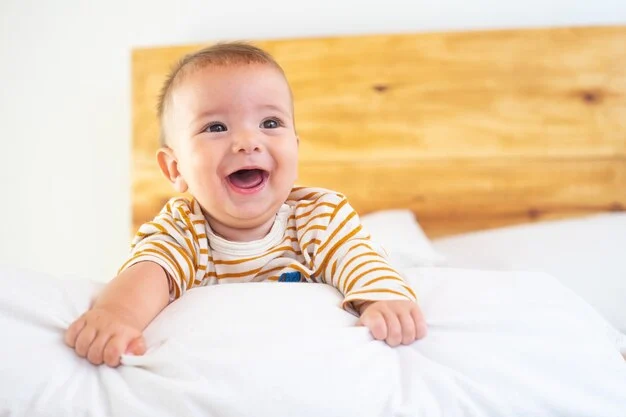A few years ago, I found myself at a breaking point. I decided to seek help from a counselor after experiencing a level of despair that was unlike anything I had faced before. My 5-year-old daughter, whom I had adopted, had just received a diagnosis of PCDH19, a rare and severe form of epilepsy. This news was devastating, and I was overwhelmed as I tried to understand what it meant for her future and our family.
During one of our sessions, the counselor made a suggestion that left me stunned: he asked if I had considered “rehoming” my daughter. His reasoning was that my stress stemmed largely from Alyssa’s challenges, and that by placing her with another family, my depression might alleviate. I never returned to that counselor after his remark.
Rehoming is a controversial practice where adoptive parents sometimes relinquish their children, often due to unanticipated psychological issues that arise from past traumas. Unfortunately, this practice often happens without any oversight, leading to disastrous outcomes for the kids involved.
While I believe the counselor’s intentions may have been good, his suggestion felt like a personal affront. It implied that I might abandon my child to relieve my own suffering. Family should be forever, regardless of biological ties. To me, there is no distinction between my adopted children and the one I gave birth to.
Long before Alyssa came into my life, I would find myself in our empty nursery, dreaming about my future daughter. I read books about inspiring women to share with my little girl, imagining the powerful person she would grow to be. I was her mom long before I ever held her in my arms.
When Alyssa arrived, she was a whirlwind of emotions. She struggled with her own inner turmoil, often expressing it through physical outbursts. The first time I took her to therapy, she shocked everyone by flipping off her counselor. But no matter how challenging she was, she was still my daughter.
When her seizures began, I experienced a fear that only a parent can truly understand. I spent countless nights by her hospital bed, praying for her recovery. I was there not just because it was my responsibility as her adoptive parent, but because I believed that children need their mom during such vulnerable times. When things worsened, our caseworker suggested we consider stepping back. This was our opportunity to walk away, but I had been Alyssa’s mom for a year and a half. My husband and I finalized our adoption of Alyssa and her younger brother, fully aware of the unpredictable road ahead.
What my former counselor failed to grasp is that for our family, adoption means unconditional commitment. Yes, adopted children can present unique challenges, but that doesn’t mean our family should be dismantled. When it’s seen as acceptable to rehome children, it allows the system to overlook the real needs of kids from difficult backgrounds. Instead of providing necessary support, the focus shifts to passing children around like they are mere possessions.
When rehoming is an option, it sometimes leads to rushed placements that aren’t in the best interest of the child. Families like mine should not be viewed as temporary arrangements. My children, whether biological or adopted, are not disposable. I would never consider sending my biological son away due to challenges; my adopted children deserve that same commitment.
Months after our adoption, we received Alyssa’s genetic testing results, revealing her diagnosis. Despite the weight of that news, someone asked if I regretted adopting her. Even in the face of uncertainty, my answer was a resounding no. She is my daughter, no matter the trials ahead.
Each morning, I pause at Alyssa’s door, hoping to find her still breathing, praying that the seizures haven’t taken her away from me. It’s a painful reality, one that will likely linger, but I refuse to abandon my child just because our journey is difficult. I know not where this path will lead us, but I am committed to walking it with her, every step of the way.
For those interested in more information about home insemination, be sure to check out this insightful article. Additionally, if you’re exploring options for artificial insemination, this resource is incredibly informative. And if you’re considering IUI, this guide offers valuable insights.
In summary, the journey of parenting, whether through adoption or birth, is filled with challenges. But commitment to our children should never waver, regardless of the obstacles we face.
